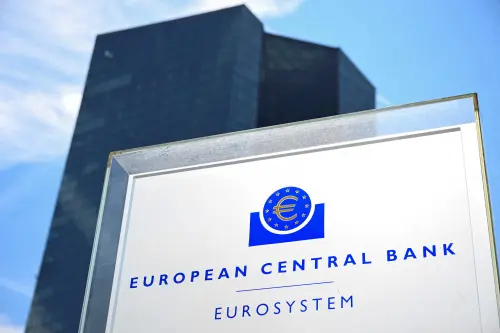The European Central Bank (ECB) reported another record annual loss on Thursday, suggesting that further, though potentially smaller, losses are still a possibility due to substantial payouts to banks. Despite raising interest rates unusually quickly in 2022 and 2023, the ECB's balance sheet remains inflated from past stimulus programs. Commercial banks are now profiting from the interest on the trillions of euros that were injected during a period of low inflation.
While interest rates have decreased and the ECB's balance sheet has significantly reduced, indicating a lessening financial strain, there is still an excess of nearly 3 trillion euros in the financial system that may take years to deplete.
The ECB posted a loss of 7.94 billion euros in 2024, a slight increase from the previous year, which will be carried forward on the balance sheet to offset against future profits as provisions were depleted in 2023.
The ECB clarified that the losses incurred in 2023 and 2024 were necessary for maintaining price stability and would not hinder its ability to conduct effective monetary policy. The bank anticipates potential losses in the coming years, albeit likely lower than those experienced previously.
Additionally, besides losses related to prior stimulus measures, writedowns surged sevenfold to 269 million euros, primarily attributed to the devaluation of U.S. dollar instruments and the yen.
The ECB holds a fraction of the bonds obtained during quantitative easing programs, with the majority held by the 20 national central banks in the currency union. The Bundesbank is expected to bear the largest impact, while the central banks of the Netherlands and Belgium have also cautioned about significant losses.
Unlike commercial banks, central banks can sustain diminished provisions or negative equity without impeding their operational effectiveness. Nonetheless, these losses could raise credibility concerns and reduce government dividend earnings, previously a source of budget revenue.
